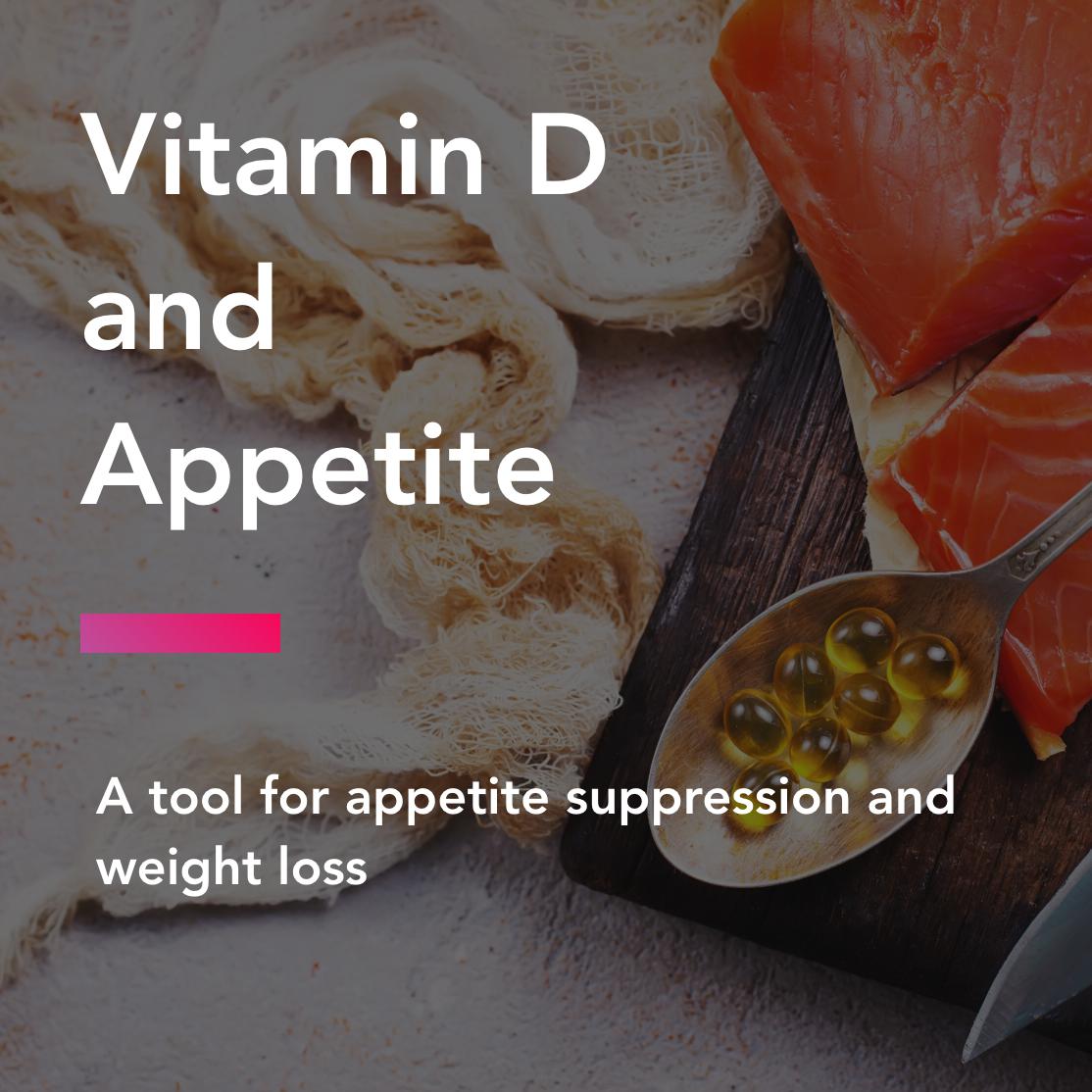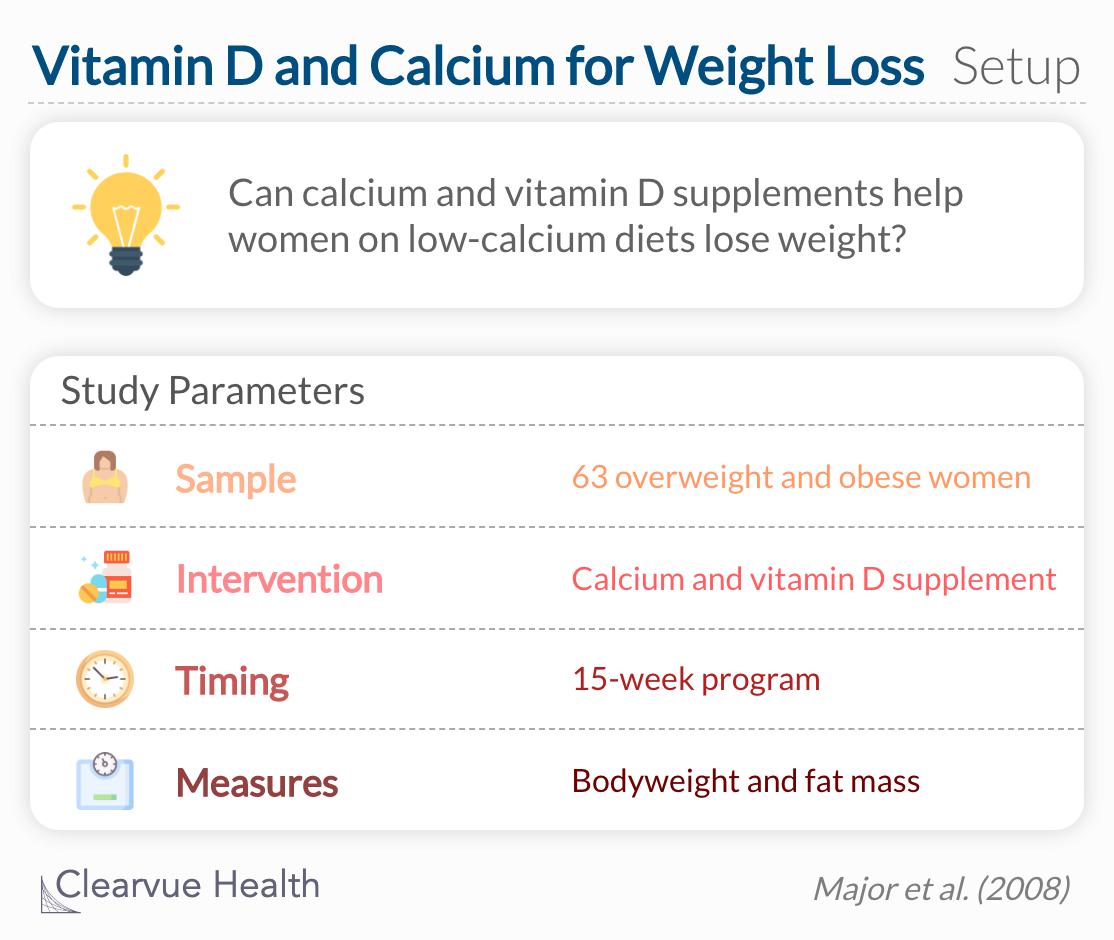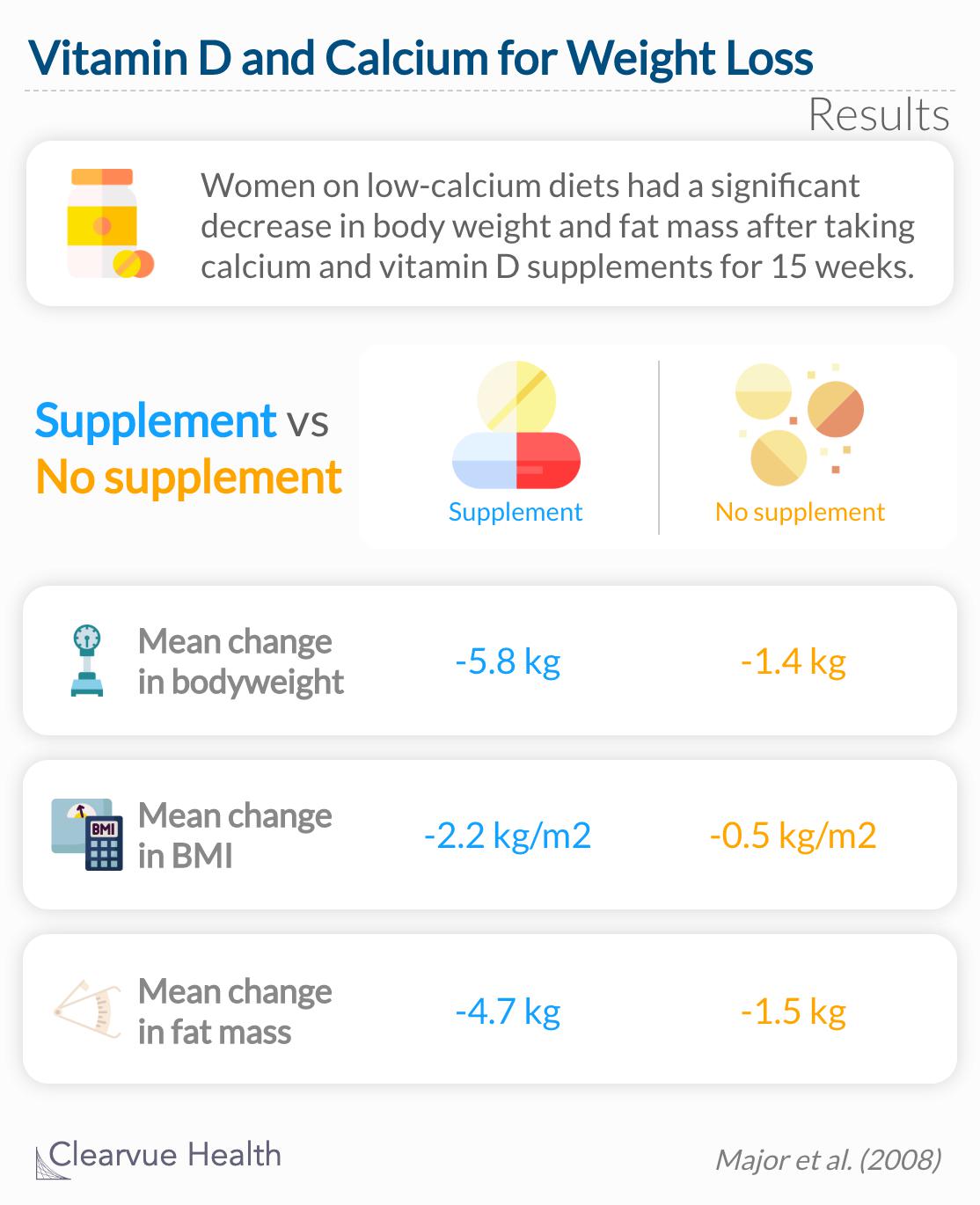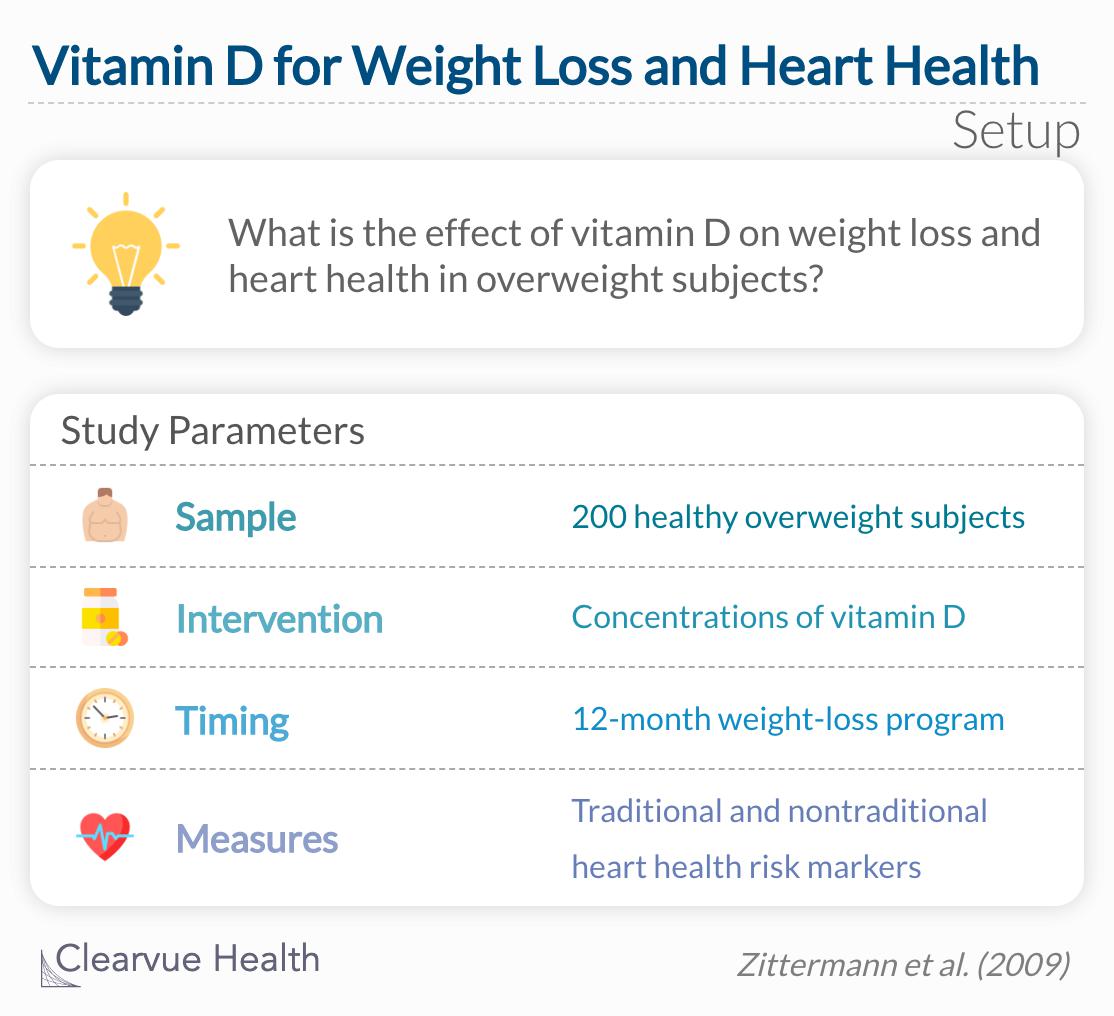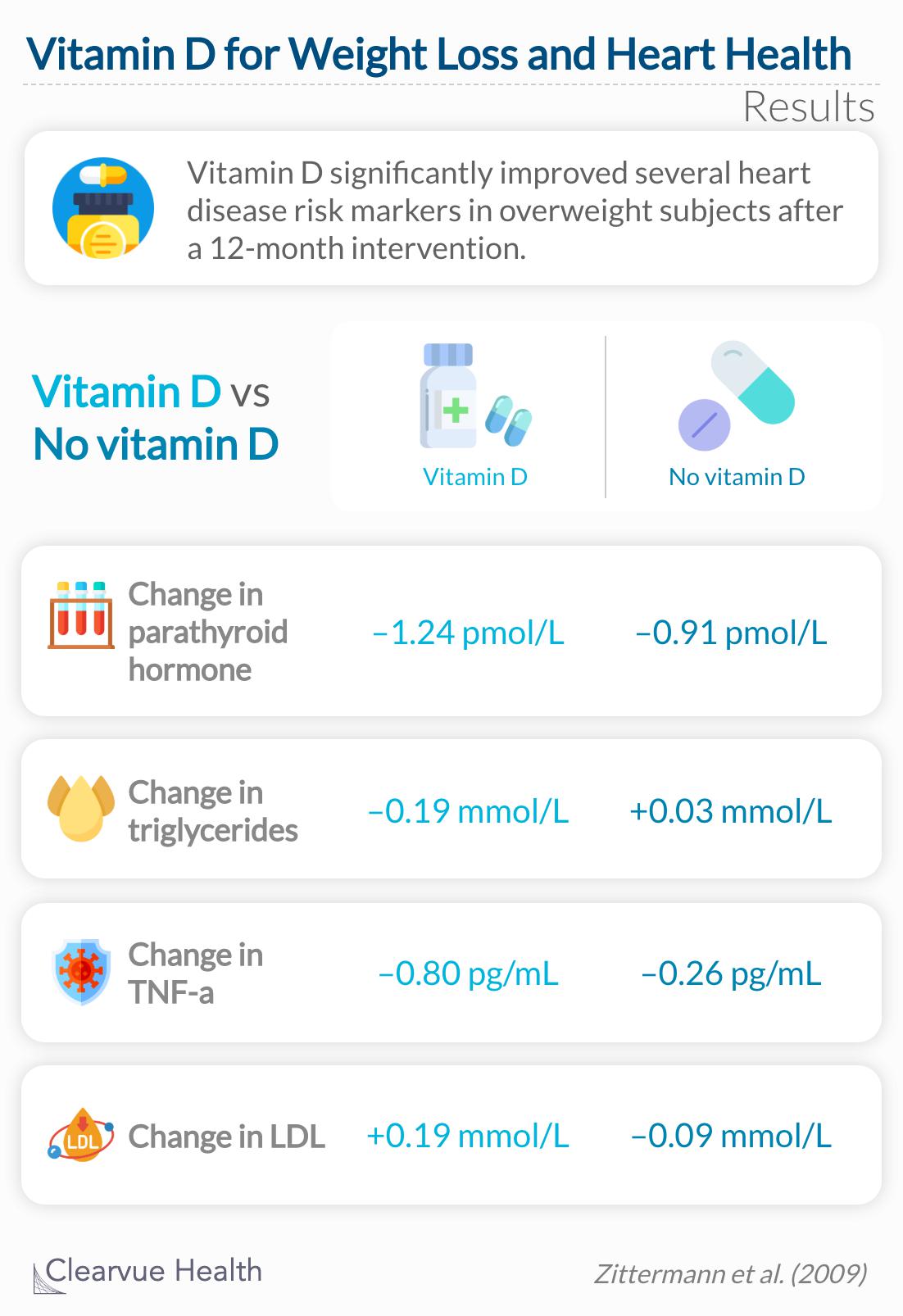Vitamin D and Appetite: a tool for appetite suppression and weight loss
Vitamin D and calcium could both be part of a successful weight loss routine. These two common vitamins have overlapping roles in the body, helping to maintain healthy bones, immunity, and many other vital functions. Just being outside in the sun is most people's main source of Vitamin D. Meanwhile, calcium-rich foods include dairy, dark green vegetables, and beans. Having sufficient vitamin D and calcium has been implicated in maintaining a healthy weight and may aid in losing those extra pounds. However, most people don't get enough of either.
Vitamin D and Calcium
Can calcium and vitamin D supplements help women on low-calcium diets lose weight?
Source: Calcium plus vitamin D supplementation and fat mass loss in female very low-calcium consumers: potential link with a calcium-specific appetite control
Researchers set out to find a numerical benefit of these two vitamins on weight loss. In the study, 63 overweight and obese middle-aged women were put on a 15-week reduced-calorie diet in order to lose weight. Of these women, a smaller group was given daily calcium and vitamin D supplements. The group taking vitamin D and calcium supplements were further separated into two levels for analysis. One group had had a low calcium intake before the diet whereas the second group had a more normal daily calcium intake. All three groups were evaluated at the end of the trial.
When analyses were limited to very low-calcium consumers only (initial calcium intake ≤ 600 mg/d, n 7 for calcium+D, n 6 for placebo), a significant decrease in body weight and fat mass (P < 0·01) and in spontaneous dietary lipid intake (P < 0·05) was observed in the calcium+D but not in the placebo group.
The low-calcium diet group lost approximately four times more weight than the no supplement group. This success was coupled with a dramatically better change in BMI and loss of fat mass. Meanwhile, the group that had a higher calcium diet before the study saw insignificant weight loss compared to the no-supplement group. The group that did not take supplements, including those with low-calcium diets, lost very little weight throughout the trial, despite their adherence to the dietary plan.
The study changed diet behaviors too. When given a choice of foods at a buffet after the 15 weeks, the low-calcium group with more successful weight loss ate less fatty foods than their high-calcium and supplement-less counterparts. While it is possible that those with successful weight loss were simply more conscientious about their choices, the authors believe that the supplements may have reduced these participants' craving for fatty options. Since calcium is mainly consumed through food, it is possible that having too little calcium would push us to eat more fatty food in order to make up for the difference. Therefore, restoring your calcium level with supplements could limit the urge to binge eat mac'n'cheese at the buffet. However, the direct relationship between calcium levels and hunger remains unproven.
Although this was a small study, the results are conclusive: calcium and vitamin D supplements were critical components of the weight loss program for women with low-calcium diets.
Vitamin D for weight loss and heart health
Healthy overweight subjects (n = 200) with mean 25(OH)D concentrations of 30 nmol/L (12 ng/mL) received vitamin D (83 μg/d) or placebo in a double-blind manner for 12 mo while participating in a weight-reduction program.
Source: Vitamin D supplementation enhances the beneficial effects of weight loss on cardiovascular disease risk markers
Scientists may have linked vitamin D to a new important area of health: the heart. Interestingly, vitamin D deficient patients have reported worse health disease risk markers than folks with healthy vitamin D levels. Scientists in Germany set out to test this link by tracking the effects of vitamin D in people in real time.
200 subjects were put on a year long weight loss regimen, involving weekly nutritional health and dieting advice from professionals. Half of these patients were given daily vitamin D supplements while the other half were not. At the beginning and end of the year, markers of heart health and weight loss were measured and compared between the two groups.
The results indicate that a vitamin D supplement of 83 μg/d does not adversely affect weight loss and is able to significantly improve several cardiovascular disease risk markers in overweight subjects with inadequate vitamin D status participating in a weight-reduction program.
Vitamin D did not improve weight loss compared to those who did not take supplements; however, it did dramatically improve a number of heart health markers. Subjects on vitamin D had reduced serum levels of parathyroid hormone, triglycerides and the pro-inflammatory marker TNF-a. On the contrary, cholesterol levels measured by LDL were higher in the group taking vitamin D. These differences occurred irregardless of the extent of weight loss.
So, what does this mean? Parathyroid hormone (PTH) is involved in a variety of metabolic functions. A reduction of PTH is a great sign for heart health. Secondly, triglycerides are one of the basic building blocks of fat found in the body. The reduction of triglycerides seen in the study demonstrates a clear health benefit since the body has less fat in circulation, even if participants did not lose weight. Finally, TNF-a is an immune signaling molecule commonly associated with inflammation. It has been implicated as a risk factor for congestive heart failure and coronary heart disease mortality. The reduction in serum levels of this molecule with vitamin D supplements may represent a positive development for long term heart health.
Somewhat paradoxically, vitamin D supplements were associated with increased LDL, a common measure of cholesterol, which is well known as a marker for poor cardiovascular health. The authors explain this by pointing to the low calcium intake by the participants of the study, which can raise cholesterol levels. Meanwhile, patients that took large calcium supplements saw a much lower increase in their cholesterol levels. However, the authors don't recommend taking extra supplements without considering the side effects of those additional substances.
Key Takeaways
Finally, it's important to note that vitamin D itself has a direct connection to heart health, through its relationship with important heart functions. Low levels of circulating vitamin D could cause an increased risk of heart attacks. Supplements of vitamin D might by themselves improve people's all-around heart health. However, the additional benefits of vitamin D on circulating PTH, triglyceride, and TNF-a levels provide a great rationale for adding it to a healthy diet, regardless of its influence on weight loss.
